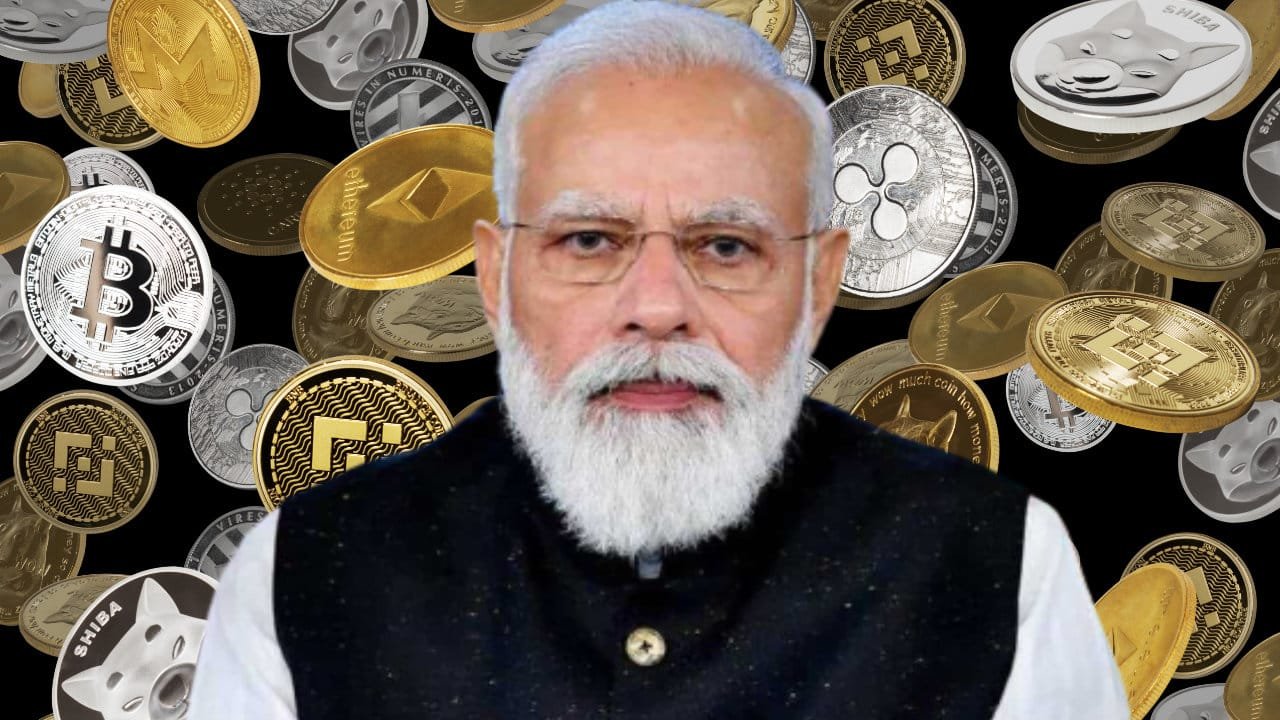Indian Prime Minister Narendra Modi, in an exclusive interview with Business Today, has emphasized the necessity of comprehensive regulations governing the cryptocurrency sector. PM Modi underscores the importance of staying abreast of technological advancements, positioning cryptocurrency regulation as a top priority during India’s ongoing G20 Presidency, slated to conclude in December of this year. Both India’s finance ministry and the Reserve Bank of India (RBI) view official oversight of cryptocurrency activities as indispensable.
In the interview, PM Modi articulates his belief in embracing and adopting technology with a unified approach rather than overlooking it.
Regarding cryptocurrencies, PM Modi ardently endorses a global consensus-based model that would establish fundamental rules for the sector, applicable universally. “The rapid pace of technological change is a reality; there is no point in ignoring it or wishing it away,” asserts PM Modi. “Simultaneously, the rules, regulations, and framework governing it should not be the exclusive domain of any single country or group of countries. Hence, not only cryptocurrencies but all emerging technologies require global regulations.”
Over the past nine months, India has actively worked to formulate internationally viable regulations for the cryptocurrency sector, actively soliciting input and feedback from other G20 nations.
International financial institutions, including the International Monetary Fund (IMF) and the Financial Stability Board (FSB), have collaborated with India and other G20 nations to establish suitable rules for overseeing the cryptocurrency sector on a global scale.
PM Modi, during the interview, acknowledges the substantial efforts directed toward addressing cryptocurrency-related issues. “India’s G20 presidency has expanded discussions on cryptocurrencies beyond their impact on financial stability, considering their broader macroeconomic implications, particularly for emerging markets and developing economies. The G20 has achieved consensus on these matters, guiding standard-setting bodies accordingly,” PM Modi underscores. In July, Ajay Seth, a senior official in the Indian Finance Ministry, disclosed that significant regulations for cryptocurrencies and Web3 technologies are under discussion, with some oversight measures already in place for monitoring the sector.
These measures encompass an income tax framework for Virtual Digital Asset (VDA) transactions, guidelines from the Indian Computer Emergency Response Team (CERT-IN) to ensure compliance among VDA service providers, advertising standards established by the Advertising Standards Council of India (ASCI), and the recent inclusion of VDA service providers in the Prevention of Money Laundering Act (PMLA), officially recognizing them as reporting entities.
Disclaimer: This article is based on information available as of August 28, 2023. It is intended for informational purposes only and should not be considered as financial or investment advice. Readers are encouraged to conduct their research and consult with financial experts before making any investment decisions related to cryptocurrencies or digital assets.
Make a one-time donation
Make a monthly donation
Make a yearly donation
Choose an amount
Or enter a custom amount
Your contribution is appreciated.
Your contribution is appreciated.
Your contribution is appreciated.
DonateDonate monthlyDonate yearly





